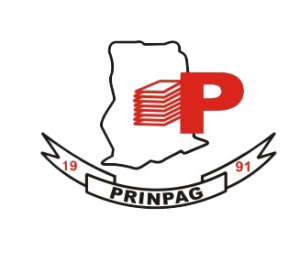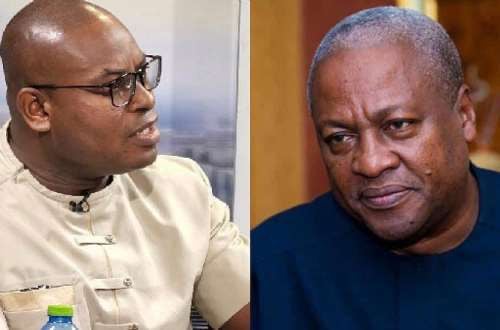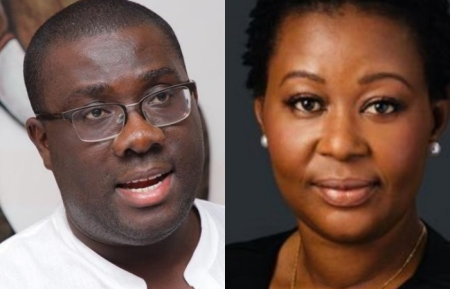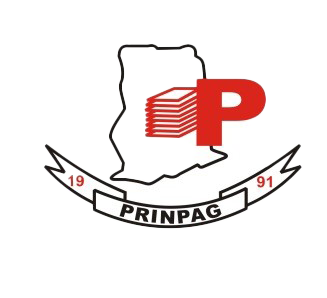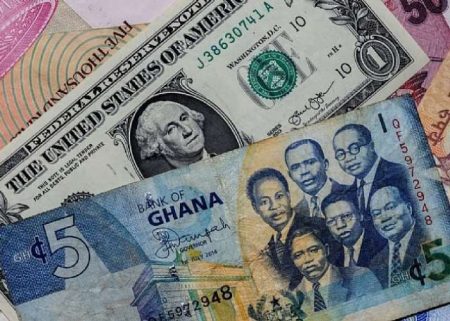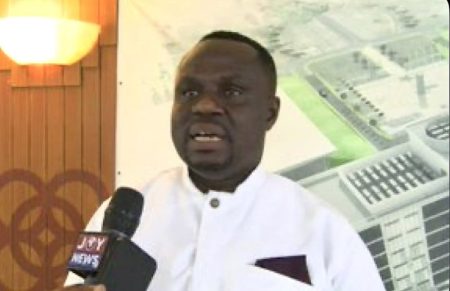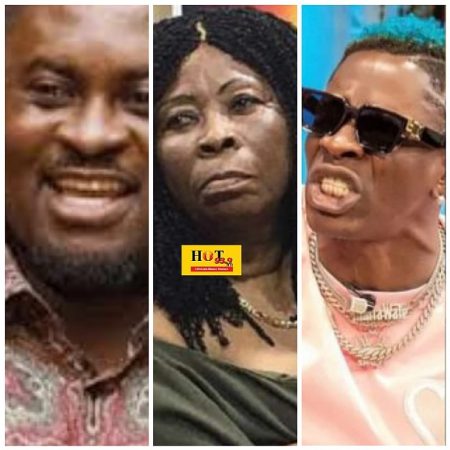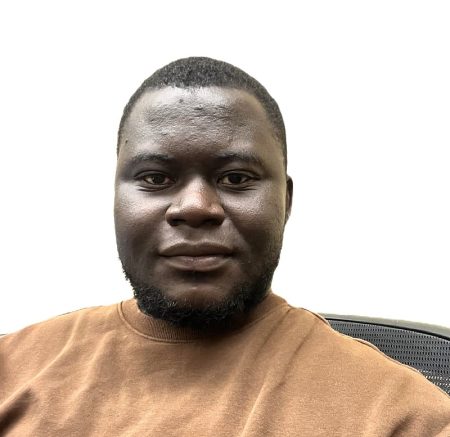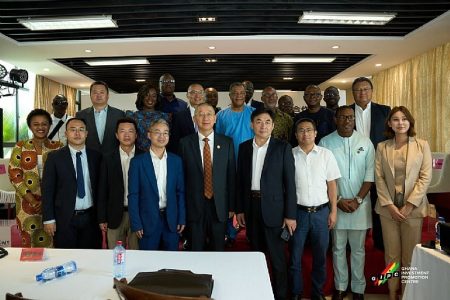The recent discontinuation of the financial crimes case against former Finance Minister Dr. Kwabena Duffuor and seven others has ignited a political firestorm in Ghana, with accusations of selective justice and favoritism towards the opposition National Democratic Congress (NDC) taking center stage. Richard Ahiagbah, the National Communications Director of the ruling New Patriotic Party (NPP), has publicly criticized former President John Dramani Mahama, alleging that the NDC benefits from a different set of rules than the rest of the population. Ahiagbah’s comments, delivered via social media, point to a perceived pattern of NDC-affiliated individuals being cleared of charges related to the banking sector cleanup, further fueling suspicions of political maneuvering and preferential treatment.
Dr. Duffuor, a former flagbearer aspirant for the NDC, along with former Bank of Ghana Governor Dr. Johnson Asiamah and five other individuals, were initially charged in February 2020 with offenses including theft and money laundering. The charges stemmed from the collapse of uniBank in 2018, which was declared insolvent after the Bank of Ghana uncovered irregularities involving billions of Ghana cedis in loans and withdrawals. State prosecutors accused Dr. Duffuor of receiving a substantial sum, allegedly obtained through criminal means, further complicating the already complex case. The sudden decision to drop the charges has raised questions about the integrity of the judicial process and the motivations behind the Attorney General’s actions.
The Attorney General’s office, in a statement released on July 22, attempted to clarify the rationale behind the nolle prosequi, emphasizing that the decision does not exonerate the accused from any wrongdoing. The statement attributed the discontinuation of the case to significant recoveries of the alleged losses, indicating that a 60% recovery threshold has been established as a benchmark for reconsidering prosecution in similar cases. This explanation, however, has done little to quell the growing criticism and accusations of political interference, particularly given the timing and the individuals involved.
The controversy surrounding the dropped charges against Dr. Duffuor and others highlights the deep-seated political tensions and mistrust that characterize the Ghanaian political landscape. The NPP, through Ahiagbah’s pronouncements, is seeking to portray the NDC as benefiting from undue influence within the legal system, attempting to sway public opinion and paint their political rivals as corrupt. The NDC, on the other hand, will likely frame the discontinuation as a vindication of the accused and a demonstration of the government’s overzealous prosecution of political opponents.
The long-term implications of this case are significant, as it could further erode public trust in the impartiality of the justice system and exacerbate the already polarized political climate. If the perception of selective justice prevails, it could undermine efforts to hold individuals accountable for financial malfeasance and create a sense of impunity for those with political connections. This could, in turn, discourage investment and economic growth, as businesses and individuals lose confidence in the rule of law.
Moving forward, transparency and accountability are crucial to restoring public trust. A thorough and impartial investigation into the circumstances surrounding the discontinuation of the case is necessary to determine whether political considerations influenced the decision. Furthermore, clear and consistent application of the law, regardless of political affiliation, is essential to ensure that justice is seen to be done and to maintain the integrity of Ghana’s legal system. The government must demonstrate its commitment to upholding the rule of law and combating corruption without fear or favor, fostering an environment of fairness and equality for all citizens.




